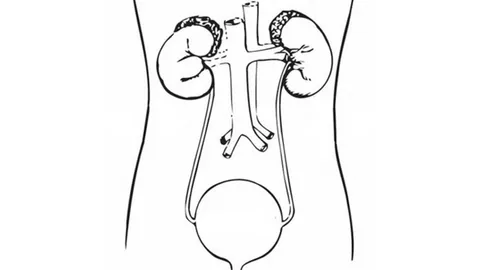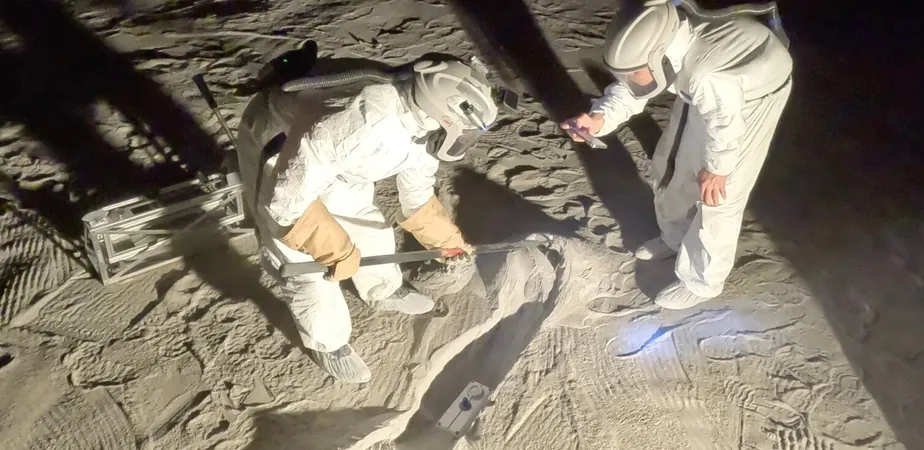
Breakthrough Treatment for Bladder Cancer: Sacituzumab Govitecan Shatters Expectations!
2024-10-01
Introduction
In a groundbreaking advancement for bladder cancer treatment, the antibody-drug conjugate sacituzumab govitecan-hziy (SG; marketed as Trodelvy) has demonstrated rapid and promising responses in patients who are ineligible for cisplatin therapy. This new approach is particularly aimed at individuals with locally advanced or metastatic urothelial carcinoma who have experienced disease progression after undergoing checkpoint inhibitor immunotherapy.
Clinical Trial Findings
Recent findings from the phase 2 TROPHY-U-01 clinical trial, specifically from cohort 2 (NCT03547973), reveal that at a median follow-up of 9.3 months, the overall response rate (ORR) stood at an impressive 32% (12 out of 38 patients; 95% Confidence Interval (CI), 17.5%-48.7%). Notably, all patients who responded to the treatment achieved a partial response, marking a significant achievement in managing this difficult-to-treat cancer.
The data further indicates that the median duration of response lasted 5.6 months (95% CI, 2.8-13.3), and the clinical benefit rate reached 42% (95% CI, 26.3%-59.2%). Moreover, patients experienced a median progression-free survival of 5.6 months (95% CI, 4.1-8.3), alongside a median overall survival of 13.5 months (95% CI, 7.6-15.6).
Expert Commentary
Dr. Daniel P. Petrylak, a prominent study investigator and professor at Yale School of Medicine, noted, “This clinically meaningful antitumor activity is encouraging. Previously, metastatic bladder cancer offered little hope after primary chemotherapy; however, the introduction of checkpoint inhibitors and ADCs provides active treatment options that can significantly enhance patient survival and quality of life.”
Patient Subgroups and Safety Profile
The trial also included diverse patient subgroups, revealing antitumor activity even in those who had received more than two previous therapies. However, the researchers cautioned that the sample sizes in some subgroups were small, indicating a need for larger trials to further assess the effectiveness of sacituzumab govitecan in specific populations.
While treatment with SG showcased remarkable potential, it was not without its challenges. Every patient in the study experienced at least one treatment-emergent adverse event (TEAE), with 87% facing grade 3 or higher TEAEs. The most frequently reported severe side effects included neutropenia (34%), anemia (24%), and fatigue (18%). Importantly, there were no TEAEs leading to patient fatalities, suggesting a relatively manageable safety profile.
Conclusion
In light of these findings, the medical community awaits further research to validate and expand upon the promising results seen with sacituzumab govitecan. This cutting-edge treatment may be a game-changer for patients battling bladder cancer, offering a glimmer of hope where few options were available before. As the trial results are discussed further in the Journal of Clinical Oncology, many are optimistic about the potential for SG to reshape treatment paradigms in urothelial carcinoma.
Stay tuned for updates on this and other revolutionary cancer treatments that could impact millions!


 Brasil (PT)
Brasil (PT)
 Canada (EN)
Canada (EN)
 Chile (ES)
Chile (ES)
 España (ES)
España (ES)
 France (FR)
France (FR)
 Hong Kong (EN)
Hong Kong (EN)
 Italia (IT)
Italia (IT)
 日本 (JA)
日本 (JA)
 Magyarország (HU)
Magyarország (HU)
 Norge (NO)
Norge (NO)
 Polska (PL)
Polska (PL)
 Schweiz (DE)
Schweiz (DE)
 Singapore (EN)
Singapore (EN)
 Sverige (SV)
Sverige (SV)
 Suomi (FI)
Suomi (FI)
 Türkiye (TR)
Türkiye (TR)